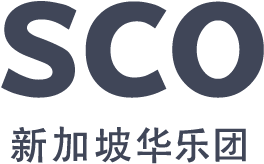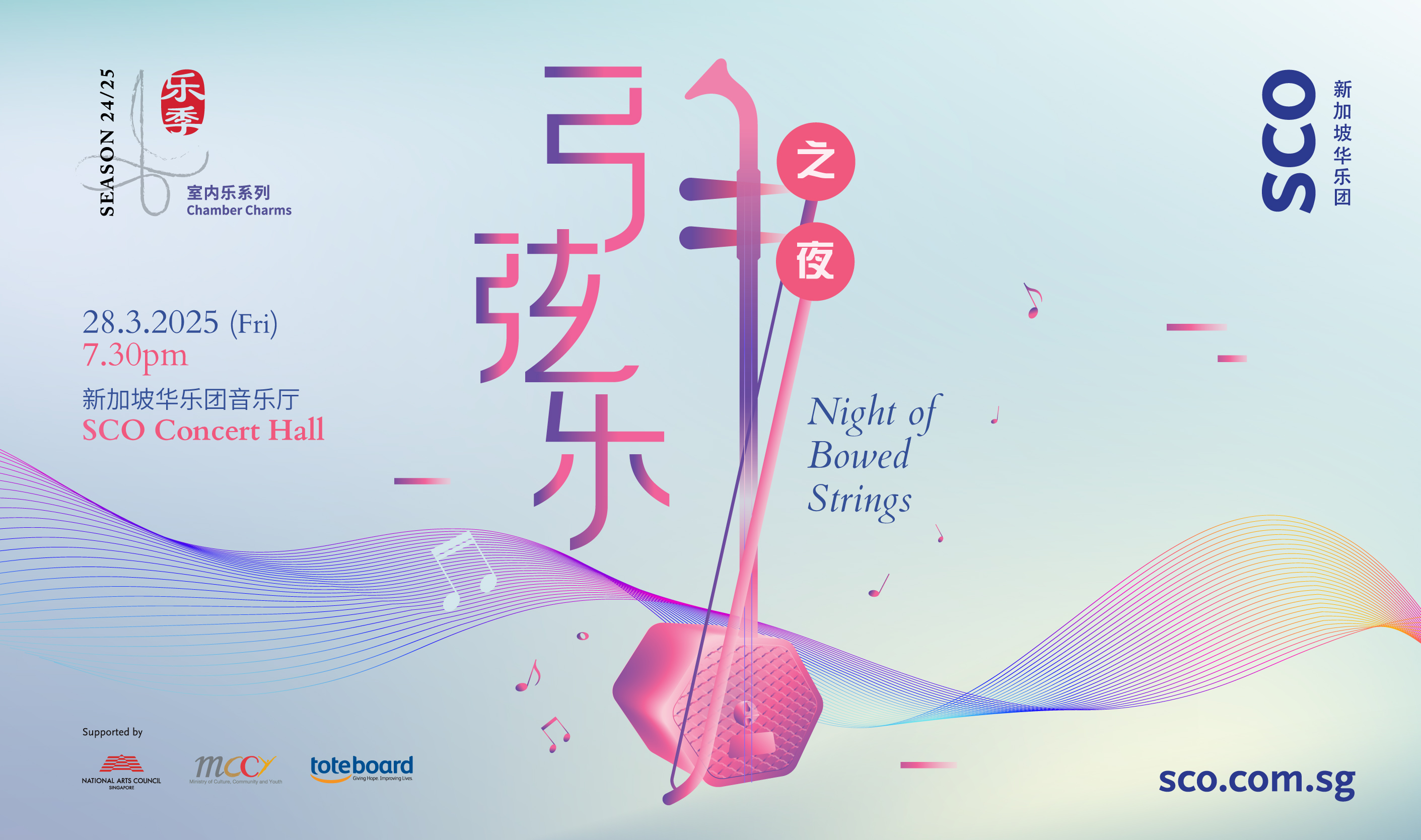Singapore Chinese Orchestra sets the stage for Peking opera classics
The year is 1946, and the Chinese Civil War is in full swing. Into the midst steps People’s Liberation Army reconnaissance soldier Yang Zirong, who goes on an undercover mission to infiltrate a group of bandits and lead the communist forces to victory. This tale of heroism is based on a true story and dramatised in Taking Tiger Mountain by Strategy, one of eight revolutionary Peking operas that were allowed during the Cultural Revolution (1966–1976).
Local audiences will soon have the opportunity to experience this masterpiece for themselves at the Singapore Chinese Orchestra’s (SCO) concert on 2 November 2024, which is dedicated entirely to Peking opera music and features four renowned musicians from China.
“Those who understand history will know that (the 1970s and 1980s) was a time when Peking opera was particularly brilliant,” said renowned Chinese maestro Zhang Lie, the guest conductor for Ode to Peking Opera: Zhang Lie and SCO. “(Tiger Mountain) is one of the timeless classics that allowed Peking opera to attain a higher standard as an art form.”
Indeed, excerpts from iconic pieces from the opera – including For Spring to Grace the Land Again! and Leaving My Mark in History – will be performed by the young and acclaimed opera performer Li Bo, who hails from a family of national first-class opera actors and has portrayed Yang Zirong many times in his career.
“(Tiger Mountain), which blends literary and martial elements, is considered one of the more complex and challenging operas to perform,” he explained. “As young actors, we need to continuously think about how to bring out the style of the pioneer actors of the show.”
Another challenge when he first took on the role over a decade ago, he added, was that the modern opera required him to recite his lines in the style of jingbai, which uses the Beijing dialect, rather than in yunbai, the traditional rhymed style he had been trained in.
Peking opera, the most prominent form of Chinese opera, originated in the late 18th century and is known for its elaborate costumes, stylised performances, and unique blend of instrumental music, vocal performance, and acrobatics.
The Ode to Peking Opera concert focuses on the form’s aural aspects, with a programme of notable works curated by SCO’s plucked string section leader and sanxian (three-stringed Chinese lute) principal Huang Guifang. These include the famous tune Night Thoughts, adapted from a kun opera (one of the oldest forms of Chinese opera), and excerpts from revolutionary opera The Surging of Turbulent Clouds.
To accentuate these musical elements, renowned jinghu performer Wang Caiyun, and Wang Jianhua, playing the role of drum master or sigu, have been invited as soloists. Their instruments are an integral part of Peking opera. The jinghu, a bowed two-string instrument, often doubles the singer’s voice and is primarily responsible for carrying melodic lines with its bright tone, while the drum provides the rhythmic backbone, setting the pace and mood for different scenes.
The performers are confident that the concert will resonate with local audiences. Wang Caiyun recalled a past performance in Singapore which borrowed Peking opera elements. To her surprise, the audience expressed their desire to hear more.
“They were saying things like, ‘Not enough singing!’ or ‘Wang Caiyun should play more!’ That moment changed my impression of Singapore, when I realised that the audience wasn’t unfamiliar with Peking opera but actually enjoyed and looked forward to it. They knew the traditions and repertoire and could even make requests,” she recounted.
Wang Jianhua, now a Professor at China’s Beijing’s Central Conservatory of Music, chimed in with an anecdote of his own: “In 1993, I came to mentor a Peking opera troupe here. It was made up mostly of amateurs, but they really loved Peking opera and its music.”
“Every piece is a highlight,” Wang Caiyun added. “This is a robust programme that shows off Peking opera’s diverse vocal tones, rhythm, and style, encompassing both the traditional and modern.”

